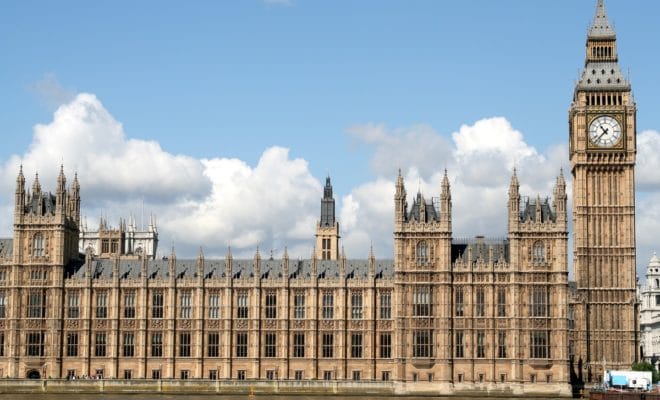Immigration
303 Indians Affected by Windrush Row to Get British Citizenship

Picture Credit: Bigstock
Indians are the second-highest number of people affected by the Windrush row after Jamaica, which tops the list with 1,438 of its citizens affected by the row.
The British government has granted citizenship to 303 Indians who had arrived in the country between 1948 and 1988 and whose uncertain residency status was part of the Windrush controversy that embarrassed the Theresa May government during the April Commonwealth summit, Hindustan Times reported.
Indians are the second-highest number of citizens affected by the Windrush row after Jamaica, whose 1,438 citizens top the list. The latest figures were provided by home secretary Sajid Javid to the home affairs select committee of parliament on Dec. 17, the publication wrote.
According to the publication, workers who came to Britain after the Second World War are called the Windrush generation, comprising mostly citizens from Caribbean countries.
Many of those that came to Britain stayed in the country for decades but did not obtain necessary documents to regularize their stay, resulting in some being deported, others facing problems in employment and other areas due to lack of paperwork, the publication wrote.
As per the new update on the status of 303 Indians who have been regularized: they have either been granted British citizenship or given documents to show they have ‘indefinite leave to remain’ or ‘no time limit’ to stay in the country, Hindustan Times wrote.
Of the 303 people, 247 came to Britain before 1973 and 44 between 1973 and 1988 and these include nine family members and one categorized as ‘unrecorded,’ the paper wrote. Two Indians who applied overseas as part of the Windrush process were also given citizenship, the paper wrote.
“Over 1,000 cases remain outstanding which, due to their complexity, are taking longer than anticipated to process…I can reassure members that my department remains entirely focussed on righting the wrongs experienced by the Windrush generation,” Sajid told the home affairs select committee of parliament on Dec. 17.
